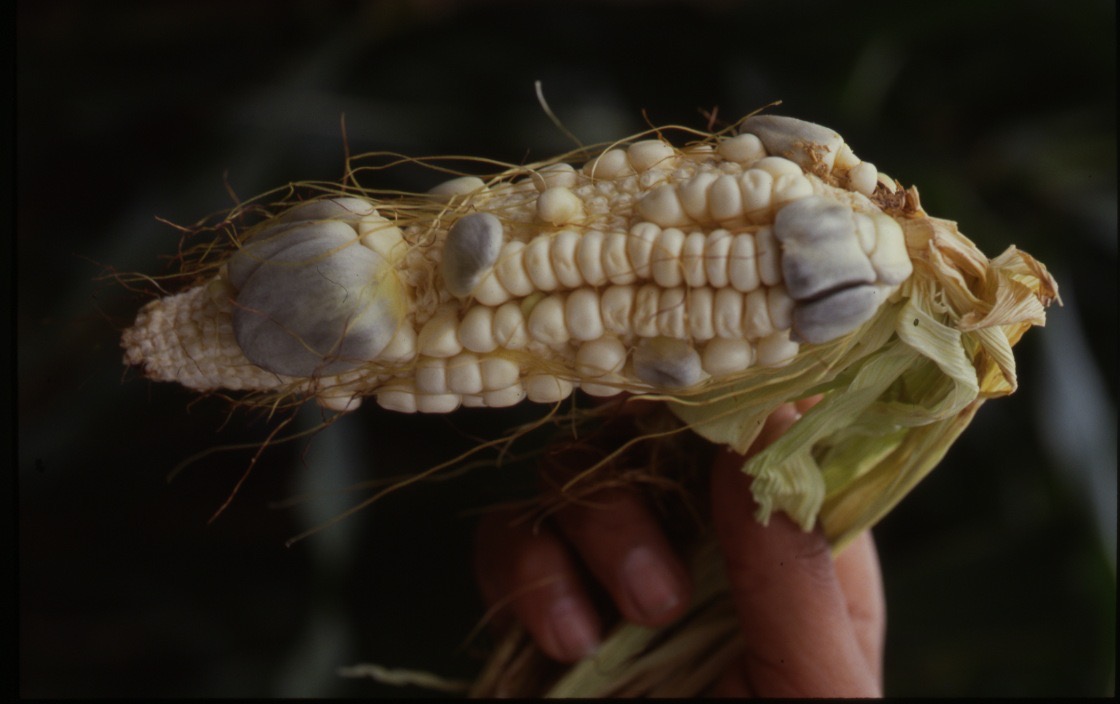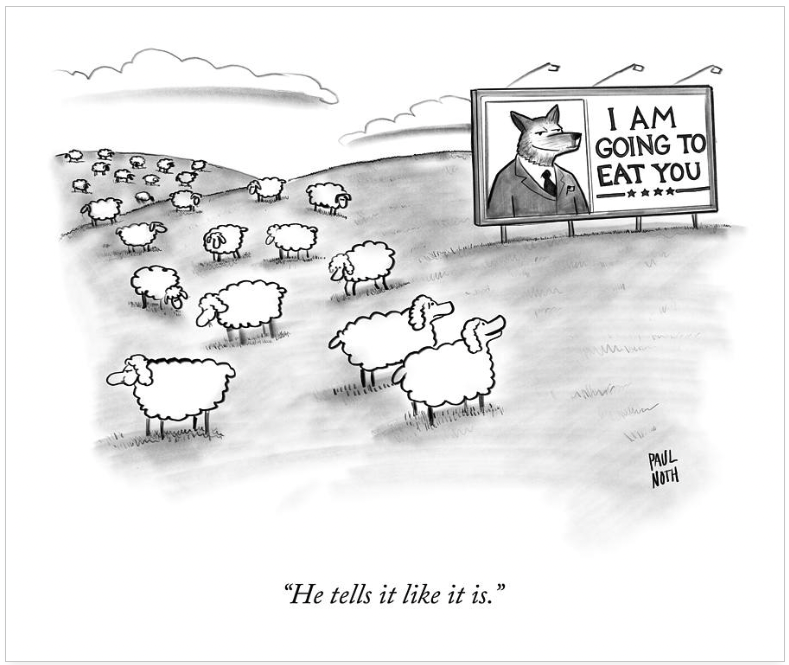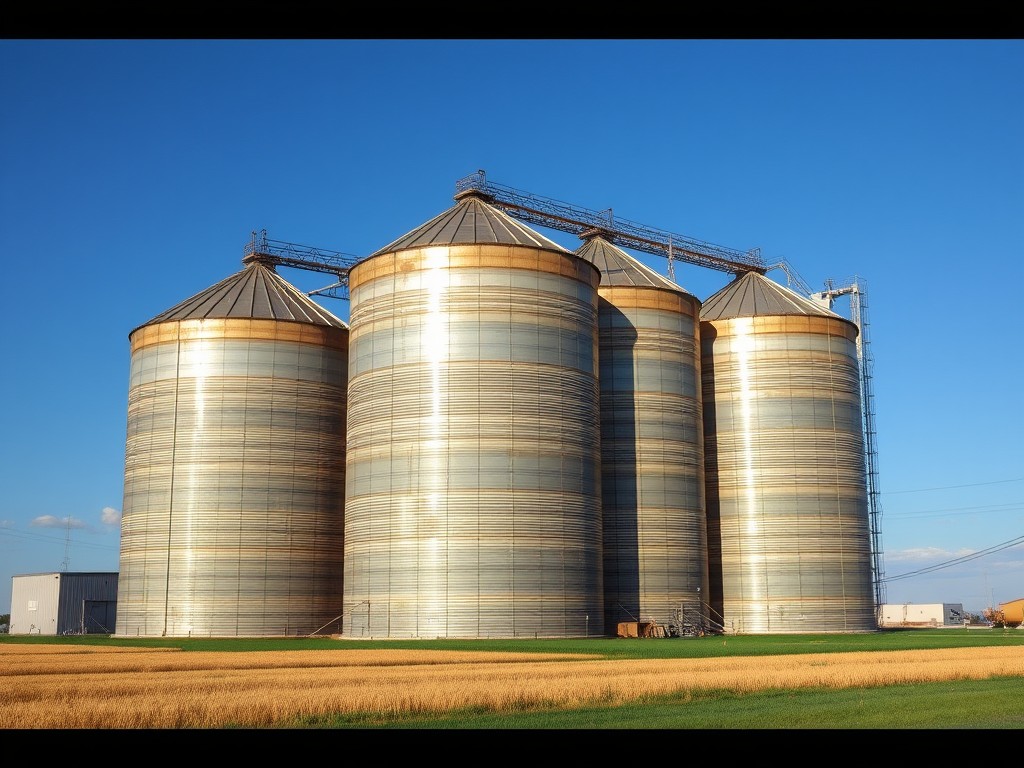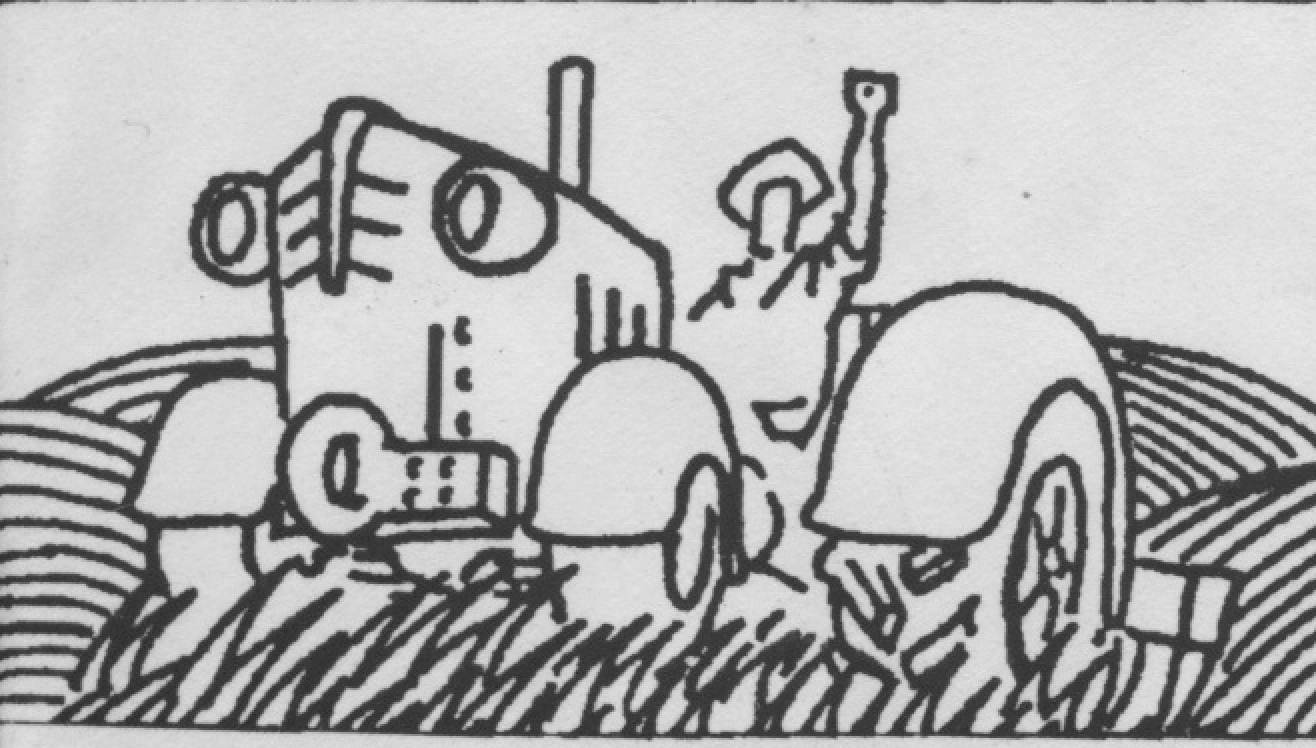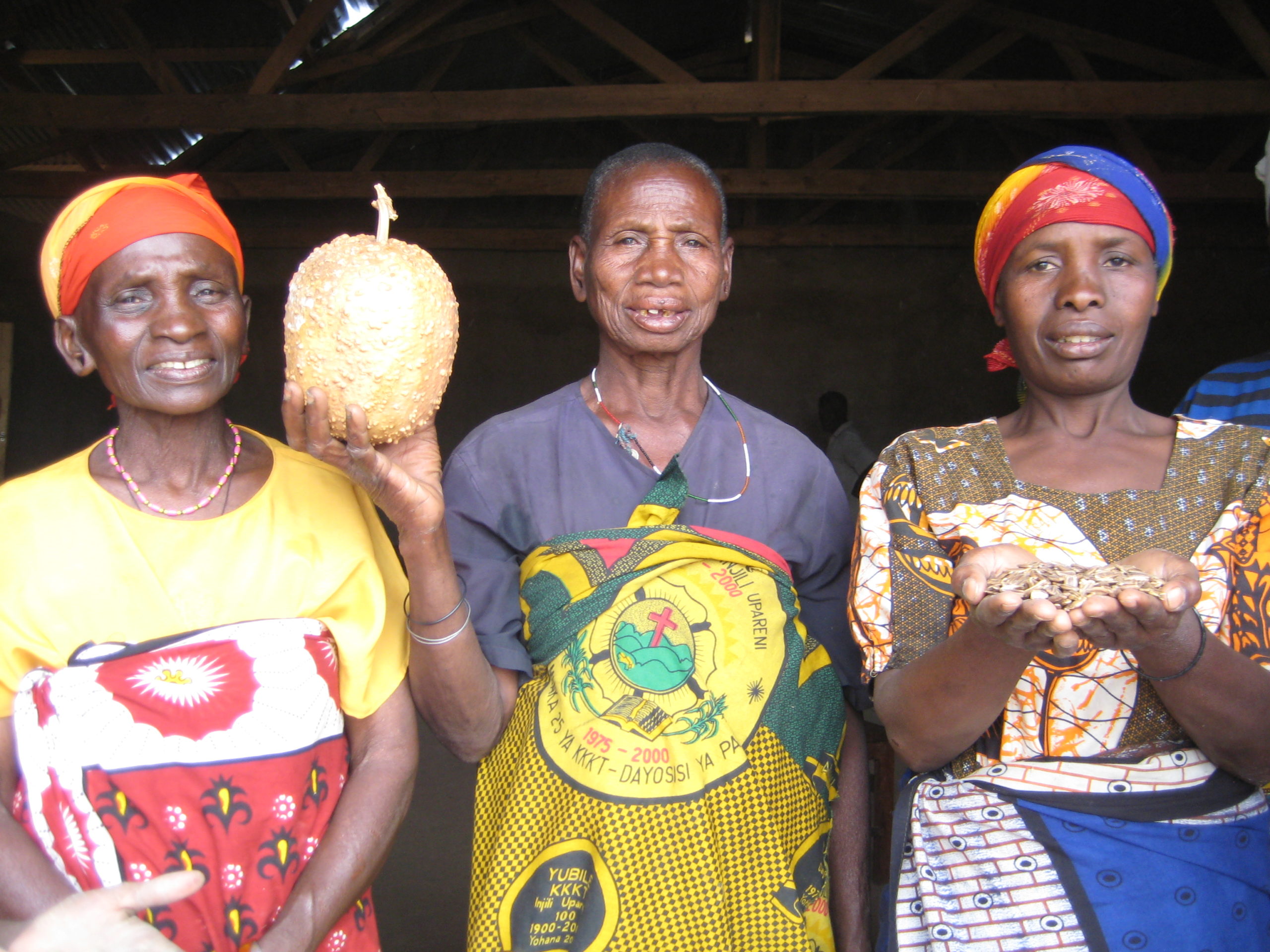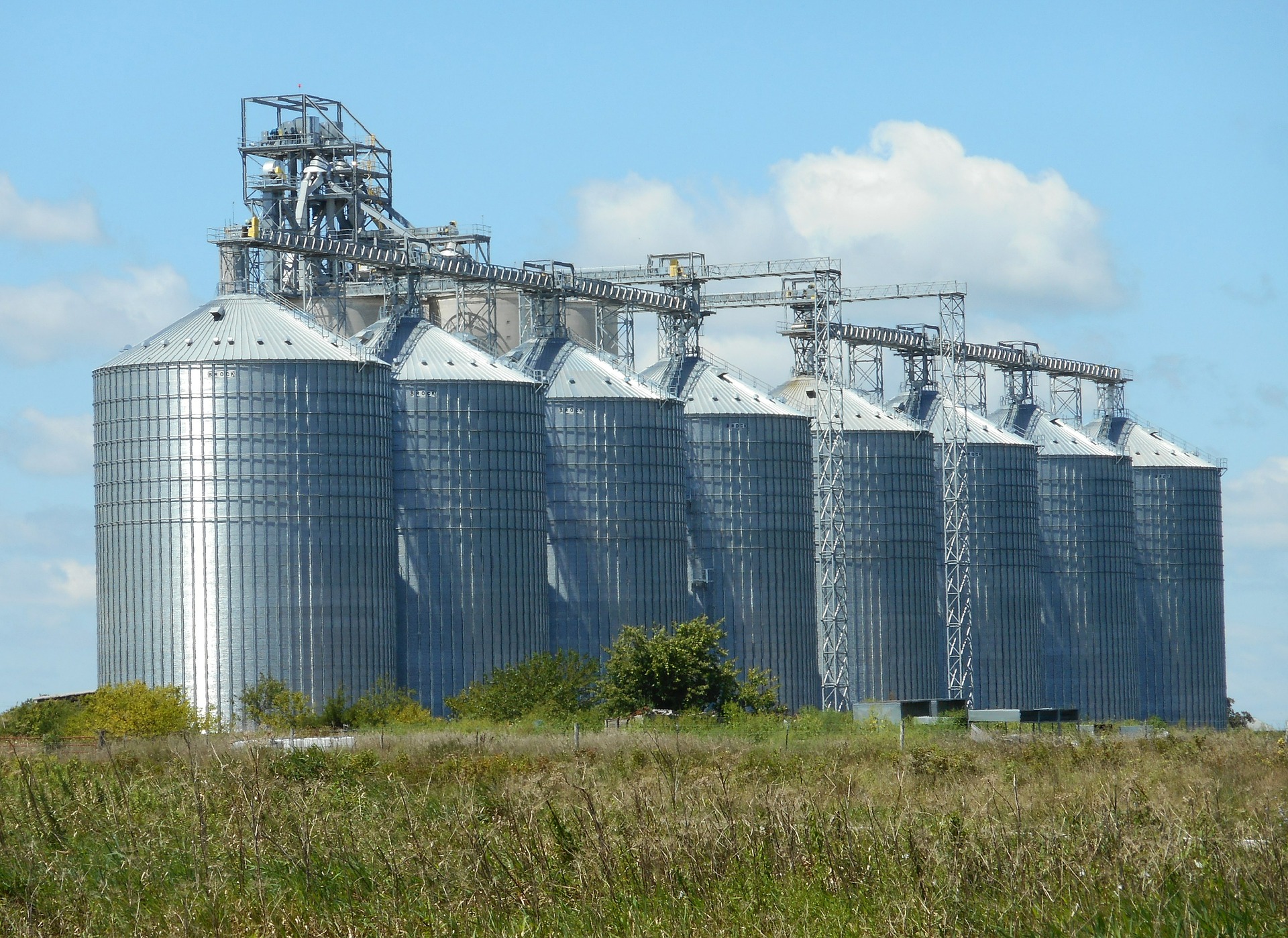Local knowledge and the tree of science
Here are three stories that need to be analysed together: When I was living in El Salvador, in the nineties, a colleague had a motorbike accident. He had deep abrasions on his shoulder. Being a man from the countryside and with a good knowledge of plants, he applied infusions of chichipince, a local
Byzantine discussions on the decolonisation of development cooperation
Taking advantage of the time while I work in the garden, I have been listening to the podcast Living Decoloniality to improve my training in what seems to be the fashionable topic. It is a very well done and interesting podcast; however, I didn’t find anything that wasn’t already being
About trump and the Evil and stupidity alliance
This blog is (or should be) about work. But the seriousness of the global situation, which threatens the continuity of democracy and development cooperation policies, justifies an article dedicated to the dangers of the current situation. After Trump’s victory, I am not optimistic. Progress ha
The debate on food reserves is back
During the two food price crises between 2008 and 2012, there was an intense academic and political debate on whether or not to create food reserves. In terms of the diagnosis of the problem, there was much talk about biofuel production, which had contributed to the shortage of grain reserves, some
Aspirin and structural transformation
A little over 20 years ago I published a booklet called El Naufragio (The Shipwreck), about the things I had learned in 10 years of work in rural development cooperation. At that time I was living in Central America, so I felt the problems very close to home. It is possible that my vision was [&hell
Is there such a thing as a fair price?
This article is published in Spanish in Planeta futuro at this link. Before the birth of agriculture, apples grew naturally in paradise and also allowed you at no extra cost to discern good from evil. Today they have to be grown with great use of natural resources and discerning good from evil is fu
Decolonising cooperation, how and to what extent?
(Automatic translation by Deepl, sugestions for improvement are welcome). In the world of development cooperation there is a lot of talk about decolonisation. This is about putting decision-making and resources for development cooperation in the hands of the people directly affected by aid and devel
How to fix the food system in simple steps, or not
Agriculture is responsible for a quarter of climate change. On top of that, the food system has shown its fragility with the war in Ukraine, which has led to unprecedented price hikes that may be worse than the 2008-2012 food crisis. This is due to a combination of rising gas prices, fertiliser shor
Edward O. Wilson and his diagnosis of humanity in a tweet
This article was published in El País on January 20, 2022. On 26 December, Edward O. Wilson, the biologist, writer and naturalist who was called the Darwin of the 21st century, died. His work was key to understanding how evolution explains animal behaviour. He began by studying the social systems o
Biofuels contributed to the last food crisis, but may solve the next one.
Between 2008 and 2012, the production of biofuels (ethanol and biodiesel) increased so much and so fast that it took over a large part of the cereal and oil crops, especially corn in the US, and was thus one of the most important factors in triggering the crisis. The reasons are well known. Food sho

